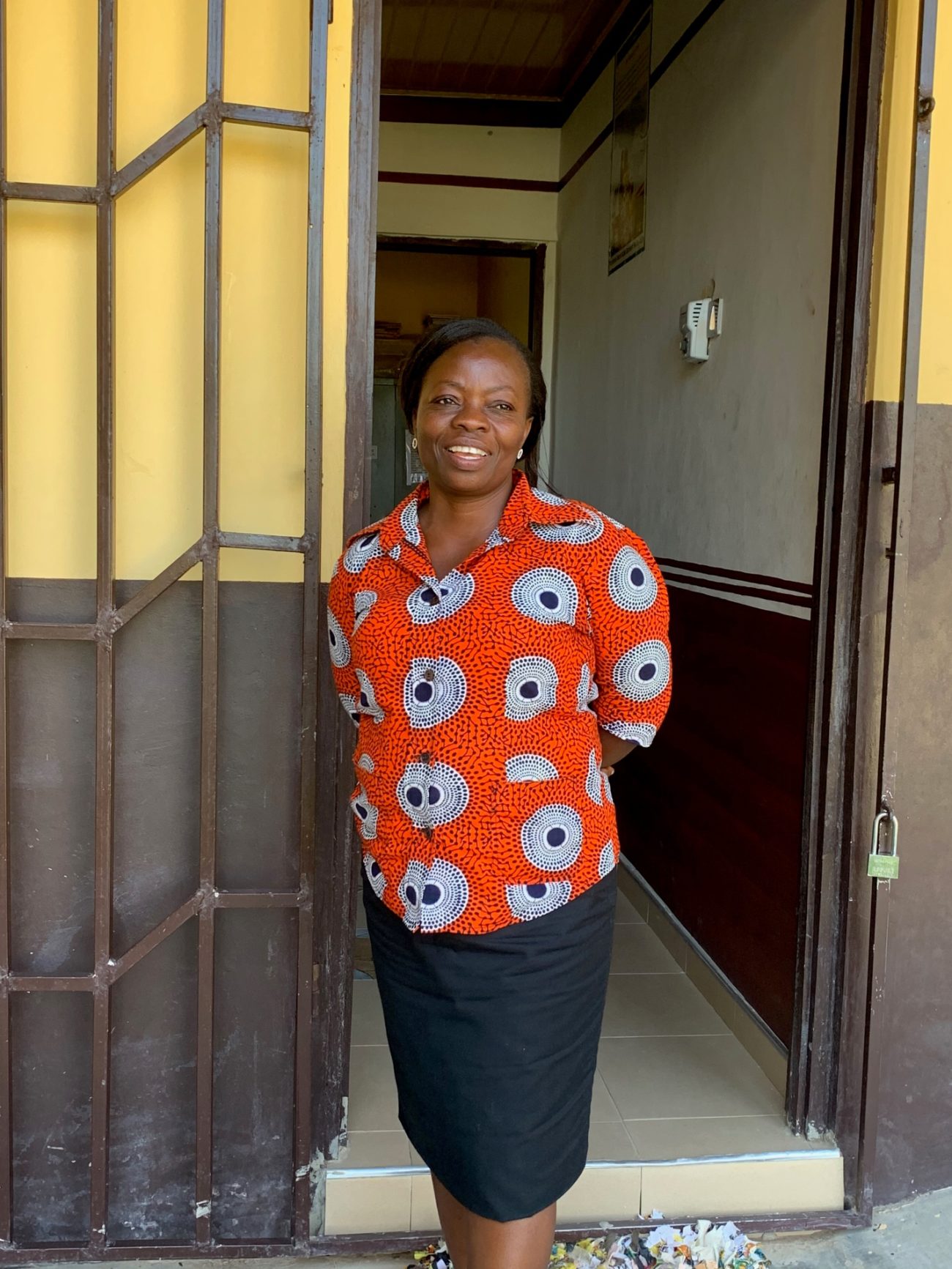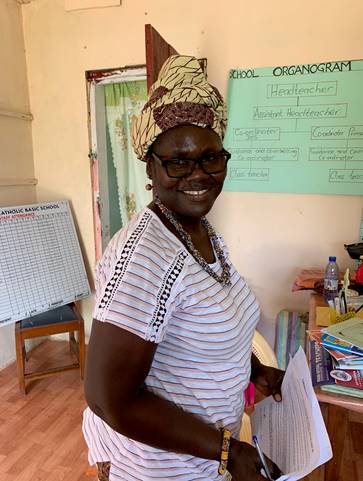by Corinne Brion, PhD, University of Dayton, USA
“If you educate a man, you educate an individual. But if you educate a woman, you educate a nation.” African proverb (from the Fante tribe, Central coastal region of Ghana)

© Corinne Brion

© Corinne Brion
Introduction
With 17 goals and 169 targets, the Sustainable Development Goals (SDGs) aim to eradicate poverty in all its forms by 2030. Goal #5 reads: Achieve gender equality and empower all women and girls. The proposed study explores Goal 5 target 5.5 which strives to: Ensure women’s full and effective participation and equal opportunities for leadership at all levels of decision making in political, economic, and public life (Gender quality and women’s empowerment, n.d.). Giving equitable access to leadership positions and building the leadership capacity of women to execute their roles as leaders will not only benefit the women themselves, but also transform societies (Wakahiu & Keller, 2011). These authors assert that women educational leaders in developing nations have a fundamental role to play towards reaching the SDGs by 2030, eradicating poverty globally, and fulfilling the African Charter on Human and People’s Rights (ACHPR). ACHPR is an international human rights instrument that is intended to promote and protect human rights and basic freedoms in the African continent. Article 183 reads “The State shall ensure the elimination of every discrimination against women and also censure the protection of the rights of the women and child as stipulated in international declarations and conventions” (African Charter on Human and Peoples’ Rights, n.d.).
To date, “there is a paucity of data on the representation and experience of women principals internationally, particularly in developing countries” (Lumby & Azaola, 2011, p. 75). As a result, this investigation explored the experiences of Ghanaian women principals in public schools. Specifically, the purpose of this research was two-fold:
- To understand the experiences and perspectives of 12 women principals located in the Komenda Edina Eguafo Abrem District (KEEA) municipality in the Central Region of Ghana
- To examine how gender positively or negatively influences their leadership experiences

© Corinne Brion
Summary of Findings
Questioning culture. Although the majority of these women spoke about the difficulties that come with being a woman leader, they also spoke about the attitudes towards women leaders changing slowly in their favor. Mary exemplified this sentiment when she said: “The mindsets are changing small small. The brain is not a male or female, you see, so gradually the men saw that I make good decisions.” In two cases, the school-heads did not encounter any challenges that pertained specifically to being female leaders, illustrating that context always matters. In more rural areas, women spoke of challenges related to their gender. In more urban areas, they felt that they faced the same challenges as male counterparts. Madison shared: “You see it all depends on the context of our location, each school and each community has its own story, past, and culture.”
“Questioning culture is a means of allowing women’s voices to be heard” (Potokri, 2015, p.6696). According to this author, questioning is the pursuit of human rights. The 12 women in this study covertly questioned culture by simply doing their job well and helping students perform better while making other improvements around their schools. In this way, they slowly gained the respect of teachers, parents, and community members. Using their female traits, attributes, and unique leadership styles that derived from these attributes, the women were able to alter tacit and explicit cultural norms. They also affirmed their positions as professional members of society. As Teresa said:
Now the chief is asking me to stay a very long time here and I can see I am wanted by the number of people attending meetings. I can see all the good work I have done in three years and I am proud of that.
The 12 women in this study demonstrated that they were able to manage both their role as leaders of schools and their role as leaders in their personal lives. They managed both roles by seeking various kinds of help and support and being organized. These women also played a key role in their communities because they influenced girls more than males could do. They also educated communities at large thanks to their innate inclination to be community builders and transform communities (Wakahiu & Keller, 2011).
Valuing female leadership style. As the participants said, they “blended different leadership styles depending on the situation” in order to accomplish their goals. Principals did not adhere to one leadership style, but rather used their innate “motherly skills” and intuition to adapt to the situations and needs. The findings indicated that one size does not fit all in matter of leadership. Despite the numerous challenges the principals faced, they succeeded in changing mindsets with their unique leadership style. Although their style does not have a name, it is effective in their context and within their culture and subcultures. As a result, developing theories of leadership and adopting a leadership lens based on the role of women, the national culture, and the local cultures seem to be needed (Mestry and Schmidt, 2012).
References
African Charter on Human and Peoples’ Rights. (n.d.). Retrieved from https://www.achpr.org/legalinstruments/detail?id=49.
Lumby, J., & Azaola, M. C. (2014). Women principals in South Africa: Gender, mothering and leadership. British educational research journal, 40(1), 30-44.
Mestry, R., & Schmidt, M. (2012). A feminist postcolonial examination of female principals’ experiences in South African secondary schools. Gender and Education, 24(5), 535-551.
Potokri, C. O. (2015). Exposition of culture and the space of women: An African view for policy consideration. Gender and Behaviour, 13(2), 6694-6703.
Wakahiu, J., & Keller, D. (2011). Capacity building: A phenomenological study of the African women perceptions and experiences in the leadership training program. Advancing Women in Leadership, 31, 125-135.



















very good thanks